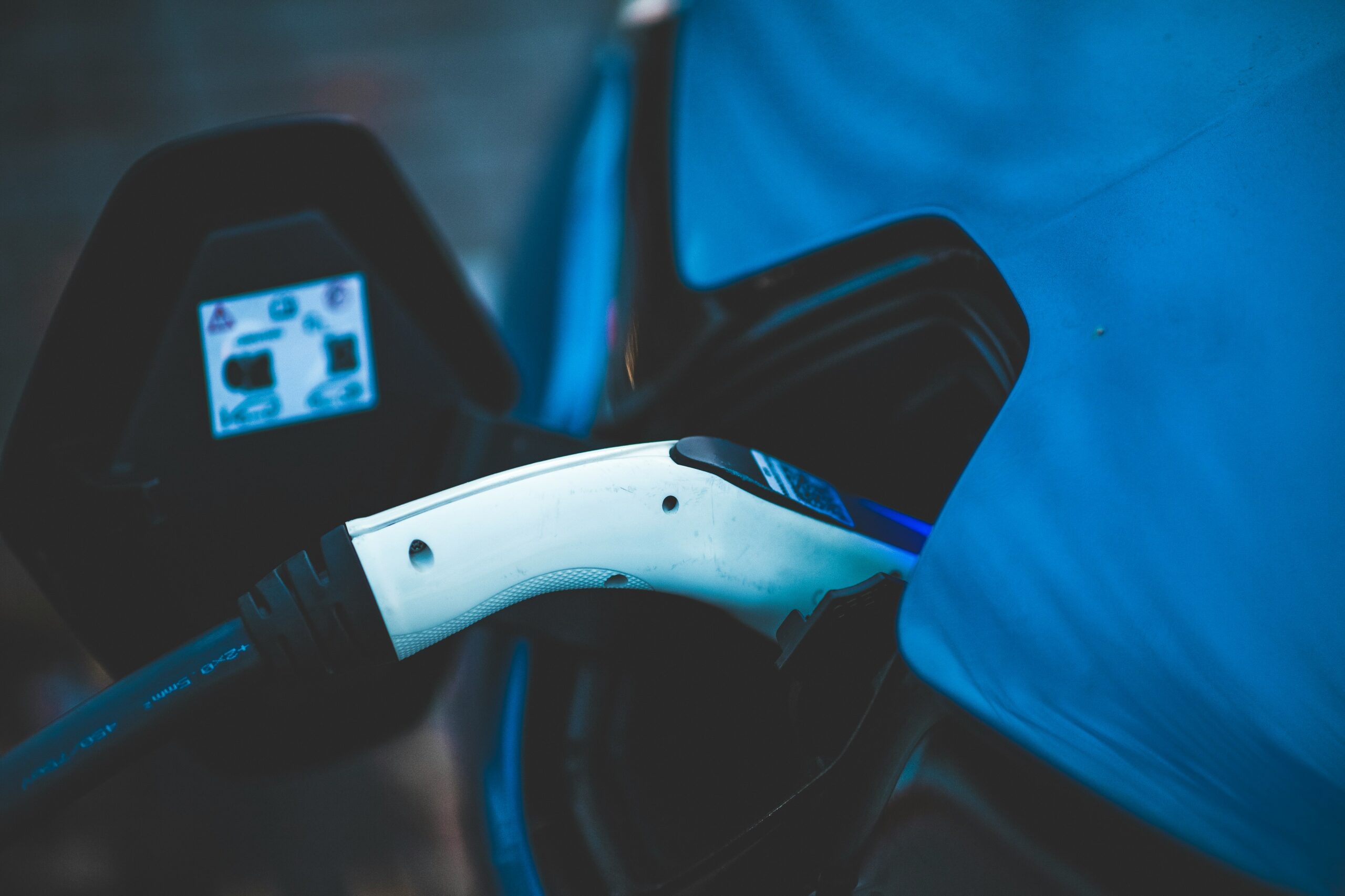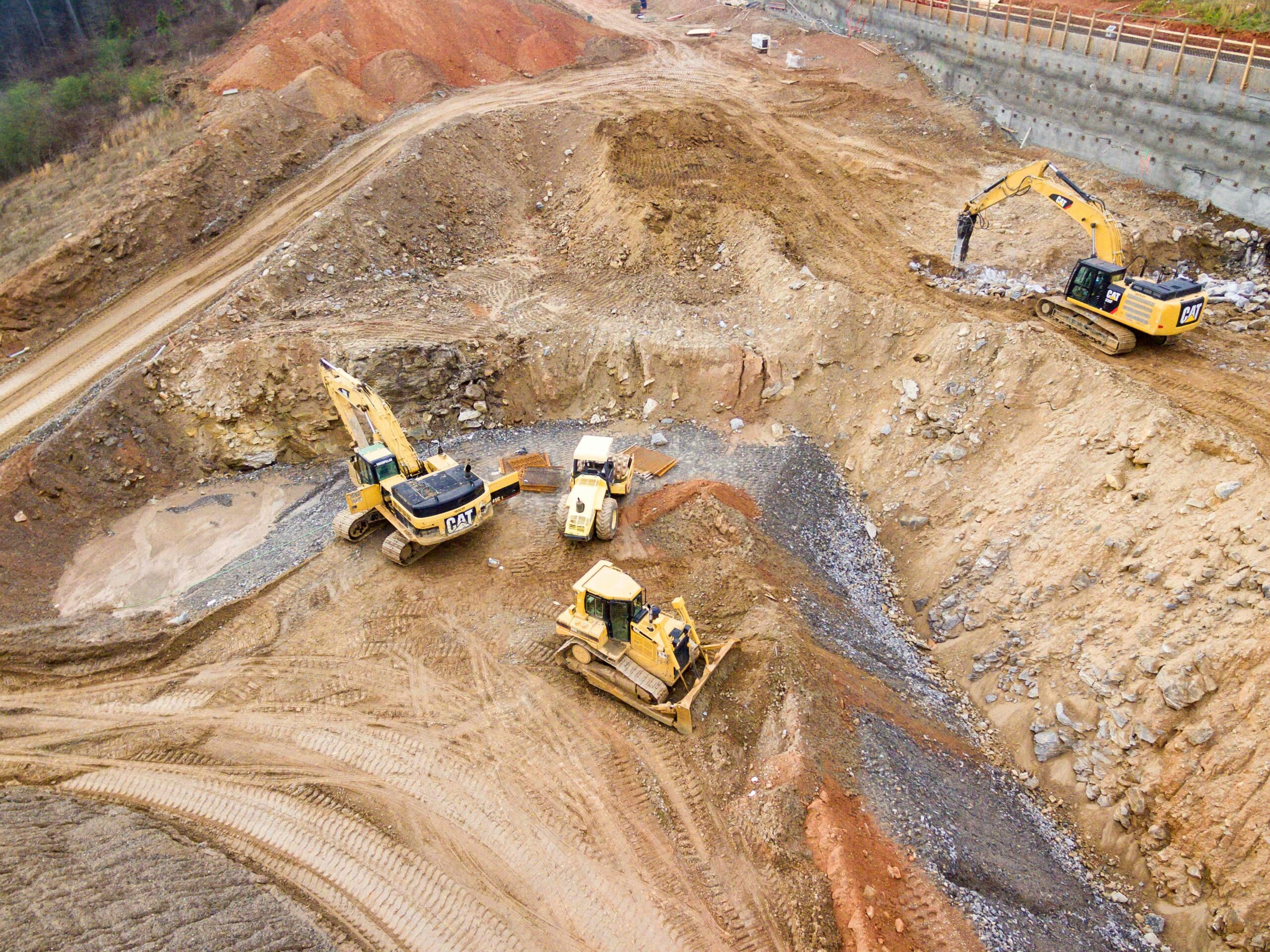The rapid adoption of electric vehicles (EVs) is revolutionizing the global automotive industry, with the United States at the forefront of this transition. The backbone of this revolution is lithium, a critical mineral essential for the production of lithium-ion batteries, which power the majority of EVs. The surging demand for lithium underscores the need for a secure and sustainable supply chain, prompting high-profile executives and investors to prioritize this mineral in their strategic planning.
The Driving Force Behind Lithium Demand
Electric vehicles are seen as the key to reducing greenhouse gas emissions and combating climate change. This vision is strongly endorsed by industry leaders. Elon Musk, CEO of Tesla, has been vocal about the critical role of lithium in the future of transportation. He stated, “We need to accelerate the transition to sustainable energy. Lithium is the new gasoline.”
Lithium-ion batteries, which have a high energy density, long life cycle, and ability to be recharged, are indispensable for EVs. The growing preference for electric cars over traditional gasoline vehicles has driven a sharp increase in lithium demand. According to BloombergNEF, the demand for lithium is expected to increase fivefold by 2030, largely driven by the EV market.
Legislative Support for the EV Transition
In response to the growing importance of EVs and the critical minerals that power them, the U.S. government has introduced several legislative measures to support this transition. One significant piece of legislation is the Infrastructure Investment and Jobs Act, signed into law in November 2021. This act allocates substantial funding towards the development of EV infrastructure, including charging stations, and underscores the importance of securing critical mineral supply chains.
Moreover, the Inflation Reduction Act of 2022 includes provisions to encourage the domestic production of EVs and their components. The Act provides incentives for the extraction and processing of critical minerals like lithium within the United States. By reducing reliance on foreign sources, this legislation aims to bolster national security and economic stability.
The Role of High-Profile Executives and Investors
The push for a robust and reliable lithium supply chain is not only a matter of governmental policy but also a strategic priority for many top executives and investors. Mary Barra, CEO of General Motors, emphasized the importance of securing critical minerals during a conference, stating, “Our future depends on our ability to source and refine critical minerals sustainably. Lithium is at the heart of this transformation.”
Investors are also recognizing the potential of lithium. Venture capitalist Chamath Palihapitiya has invested heavily in lithium mining companies, predicting a “supercycle” for the mineral. “The shift to electric vehicles is creating an unprecedented demand for lithium. This is a once-in-a-lifetime opportunity,” he said during an interview.
Addressing Supply Chain Challenges
The U.S. currently relies heavily on imports for its lithium supply, primarily from countries like Australia, Chile, and China. This dependency poses significant risks, including supply disruptions and price volatility. To mitigate these risks, there is a concerted effort to develop domestic lithium resources.
Nevada, known as the Silver State, is emerging as a critical hub for lithium production. The Thacker Pass project, operated by Lithium Americas, is one of the largest known lithium deposits in the United States. This project is expected to produce thousands of tons of lithium annually, significantly contributing to the domestic supply.
The Biden Administration has also launched the American Battery Materials Initiative, aimed at securing a reliable supply of critical minerals. This initiative involves collaboration between federal agencies, state governments, and private enterprises to streamline the permitting process for new mining projects and promote sustainable extraction practices.
Environmental and Social Considerations
While the demand for lithium is skyrocketing, it is imperative to address the environmental and social impacts of lithium extraction. Traditional mining methods can have significant environmental footprints, including water usage, habitat destruction, and carbon emissions. Sustainable mining practices are essential to minimize these impacts.
In an effort to promote sustainable practices, Tesla has committed to sourcing lithium responsibly. Elon Musk highlighted this during Tesla’s Battery Day event, stating, “We are working to secure a supply of sustainable, ethically sourced lithium. Our goal is to ensure that our supply chain does not harm the environment or local communities.”
Additionally, innovative extraction techniques, such as direct lithium extraction (DLE), are being developed to reduce the environmental impact of lithium mining. DLE technology involves extracting lithium from brine resources using minimal water and energy, thus offering a more sustainable alternative to conventional mining methods.
The Future of Lithium and EVs
The transition to electric vehicles is a critical component of the broader effort to combat climate change and reduce carbon emissions. As such, ensuring a stable and sustainable supply of lithium is paramount. The collaboration between government, industry leaders, and investors is driving significant advancements in lithium extraction and processing technologies.
Looking ahead, the U.S. aims to become a global leader in the EV market and critical mineral supply chains. The development of domestic lithium resources, combined with legislative support and sustainable practices, will be crucial in achieving this goal.
The stakes are high, but so are the rewards. As JB Straubel, former CTO of Tesla and CEO of Redwood Materials, aptly put it, “The future of energy is electric, and lithium is the foundation. By investing in sustainable lithium production, we are not only powering our vehicles but also paving the way for a greener, cleaner future.”
Conclusion
The electric vehicle revolution is driving unprecedented demand for lithium, highlighting the critical need for a secure and sustainable supply chain. Legislative support, strategic investments, and innovative technologies are key to meeting this demand while minimizing environmental and social impacts. As the U.S. continues to lead the charge towards a greener future, the importance of lithium and other critical minerals cannot be overstated. The transition to electric vehicles is not just an automotive shift; it is a fundamental transformation of our energy landscape, powered by the essential mineral lithium.
By leveraging the insights of high-profile executives and investors, and aligning with supportive legislation, the United States is poised to navigate the challenges and opportunities of this new era, ensuring a sustainable and prosperous future for the electric vehicle industry




